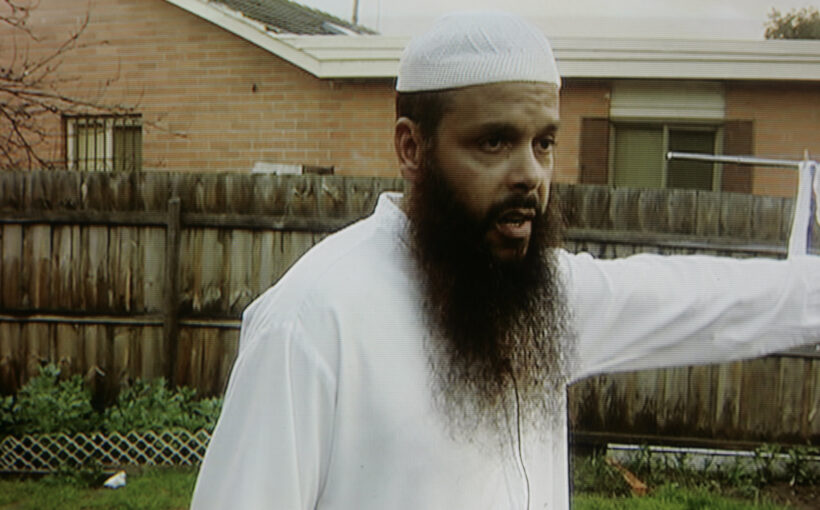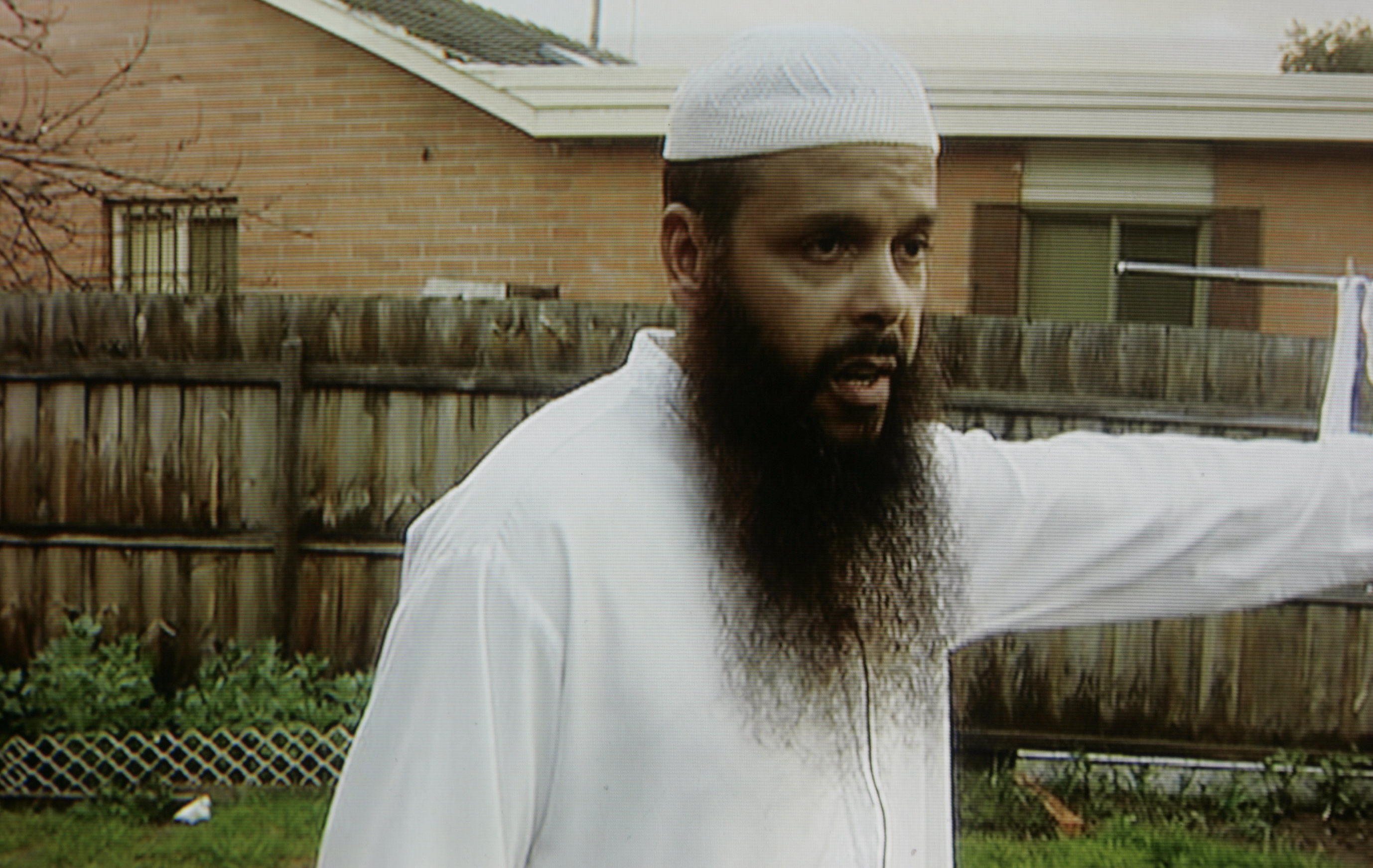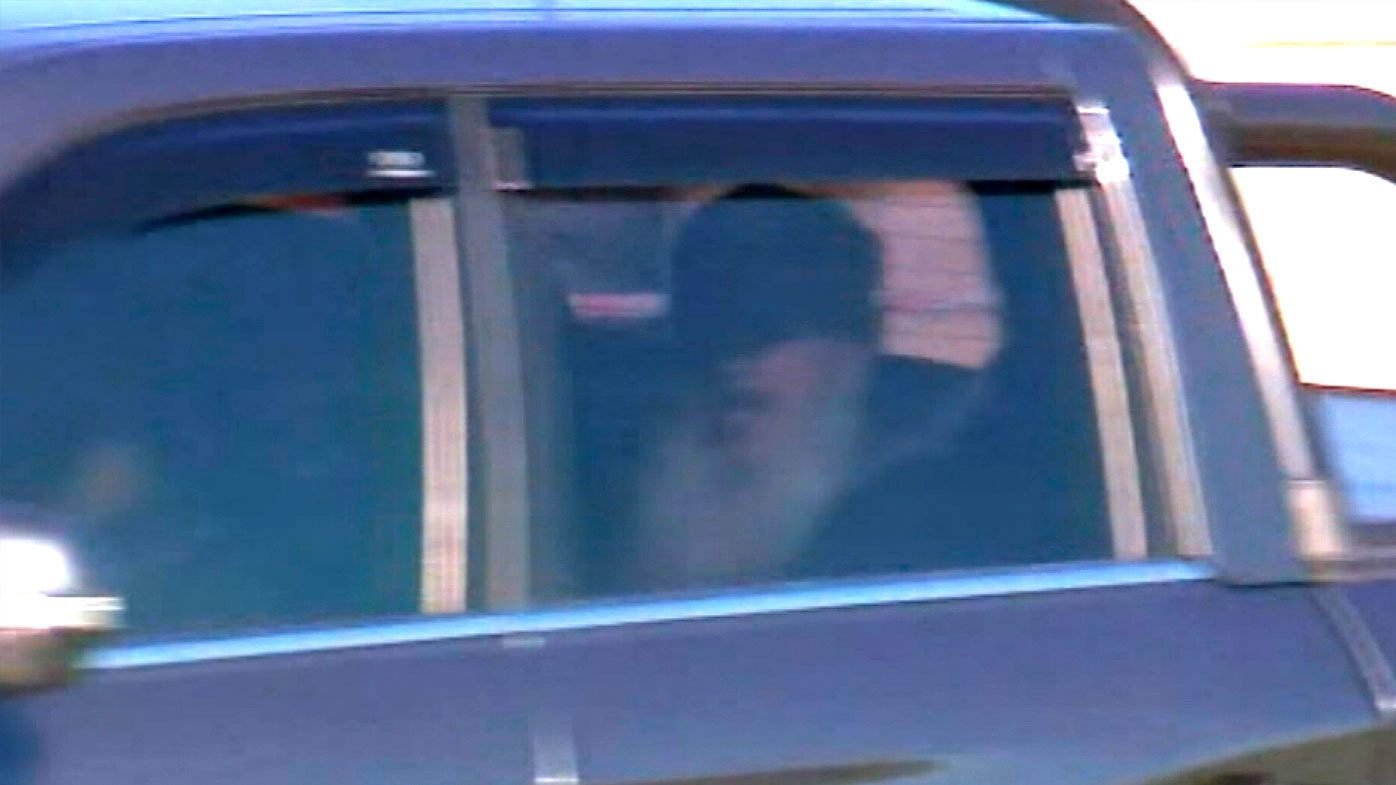Criminology experts have weighed in on what it takes to overhaul a radicalised mind, after convicted terrorist Abdul Benbrika spoke out for the first time since his prison release.
The freed Muslim cleric spoke publicly this week after serving time for a foiled terror plot in Melbourne almost two decades ago.
While the public response to his release has been mixed, criminology experts have agreed de-radicalisation is a complex topic that needs a multifaceted approach.
READ MORE: Man and dog lucky to escape as dangerous floodwaters hit Victoria
Professor Greg Barton, the chair of Global Islamic Politics at Deakin University, said it was possible for people to reform radical behaviours.
"People might say how can we trust that?" Barton told 9News.
"Well we put checks in place to make sure that if he's not being honest he's being found out," he said.
It comes after Benbrika spoke out publicly this week, maintaining he was no longer a threat to the community.
The freed Muslim cleric said he learned his lesson after he was accused of plotting to blow up the MCG and Crown Casino 20 years ago.
"I've thought about it and I've learned a huge lesson. You have nothing to worry about from him now," he told the Herald Sun.
READ MORE: Storms rock Victoria for second day after more than 900 calls for help
Benbrika was arrested in 2005 over the failed terror plot and was initially handed a 15-year prison sentence.
After completing his sentence in November 2020, the Federal Government fought to keep Benbrika in prison, which ultimately failed after a Victorian Supreme Court justice set him free.
Benbrika has now returned to his home in Dallas, in Melbourne's north, after being released from prison on December 19.
"I need time just to be able to absorb all this," he said.
"It's just a matter of time, that's it."
READ MORE: Thieves rip ATM out of wall in suspected Melbourne ram raid
Benbrika has been subject to 30 strict restrictions, including electronic monitoring, a curfew and compulsory de-radicalisation and psychological treatment for the next year.
The MCG and Crown Casino, the supposed targets of the terror plots, have both banned him for life.
Associate Professor Xanthe Mallett, who specialises in criminology at the University of Newcastle, said radicalisation was a complex topic.
"I would imagine, yes, he would absolutely say he's changed," Mallett told 9News.
"It is very difficult to change a mindset of radicalisation once it is imprinted."
According to a report from Living Safe Together, an Australian Government initiative, people turn away from radicalisation due to disillusionment with leadership, hypocritical behaviours or ineffectiveness of violence or illegal methods.
Subjects further disengage when they reject a group's beliefs, goals and ideology.
Barton said there would be continued surveillance of Benbrika, which would likely contribute to de-radicalisation efforts.
"He'll always be watched for the rest of his life," he said.
"It won't mean if there's no more extended supervision order that he'll no longer be watched. It just means that the level of surveillance will be a little less."






